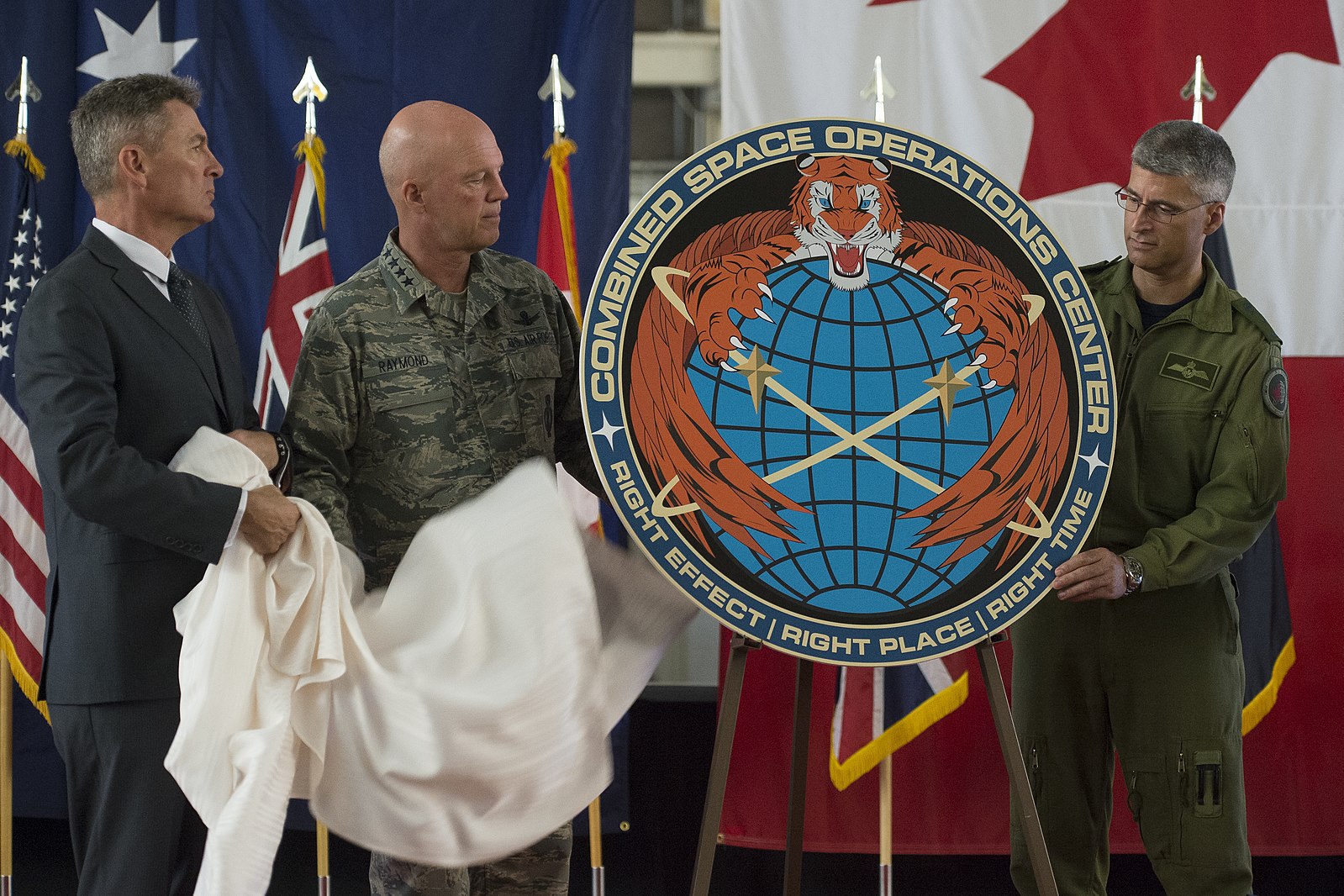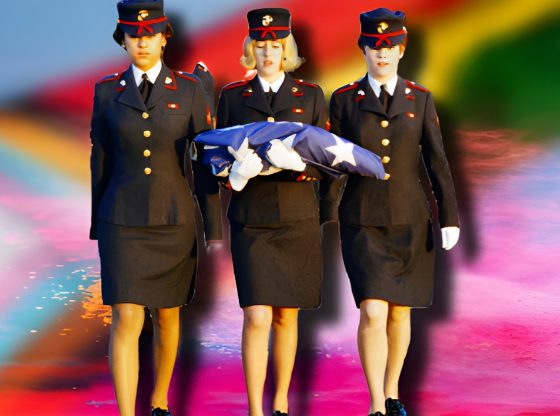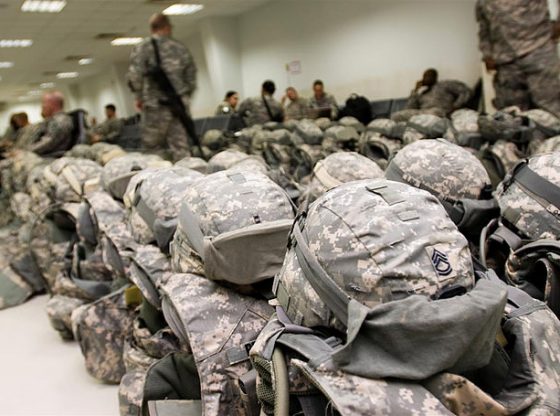Referring to the traditional military domains of air, land, and sea, Space Force’s new Chief of Space Operations, Gen. John W. Raymond, said, “I am not confident that we can achieve victory or even compete in a modern conflict, without space power,” adding, “I am not willing to lose in order to learn.
The general’s comments were part of his presentation to the 2020 Air Force Association Air, Space and Cyber Conference (virtual) as reported by the Pentagon’s Defense News.
Raymond made it clear that the “United States doesn’t want to engage in warfare in space, but like in all domains, the U.S. military must be prepared for such a conflict” to deter it. However, should deterrence fail, space combat “will be fought over great distances at tremendous speeds,” Raymond said.
This requires a service that is lean, agile, and fast – to win.
For Space Force critics who claim the new service is redundant and only adds to existing bureaucracy, Raymond quashes those concerns. The general is laser-focused on streamlining the new service, stating, according to the Department of Defense News:
Since establishment, we’ve been in the business of slashing bureaucracy, delegating authority and enhancing accountability at every crossroad. My opinion: big organizations are slow. We must move at speed to outpace the threats that we face.
As part of his effort to reduce bureaucracy, the general has “implemented a large-scale reorganization that involved removing two echelons of command, including a numbered Air Force and an O-6-level command,” reported DOD Defense News.
“We’ve also reduced the size of our planned staff at the Pentagon,” Raymond said. “Back when we started, the Pentagon staff was going to be over 1,000 people. That was the initial plan. We’ve slashed that by 40%. We’re shortening the distance between decision makers and you, the experts, conducting our mission.”
Raymond emphasizes that as a totally new service, Space Force is “not tied to business of the past,” and says that “If we get this right, we will be the envy of the other services.” Space Force may soon provide the other five services lessons learned and best practices for defense organization in the 21st century.
Furthering the mission of improving the efficiency, agility, and effectiveness of the Space Force, Raymond explained how partnerships will be critical to mission success. This includes partnering with the intelligence community, sister services, as well as space allies such as Norway, Japan, Australia, Canada, New Zealand, the United Kingdom, France, and Germany.
DOD Defense News notes the general said that the Space Force is currently working with Norway to launch American space payloads. This will save the U.S. almost $1 billion and put those critical capabilities into space sooner. Likewise, the U.S. is also working with Japan to put U.S. “capabilities’ into Japanese satellites to combine their missions, and lower costs.
“These efforts improve our capabilities, and they strengthen our partnerships between our great nations,” Raymond.
All these efforts also demonstrate a hard-charging, forward-thinking mindset that should make the Space Force not only the envy of the other U.S. military services, but a force to be feared by America’s enemies and adversaries.
EDITORS NOTE: We at AAN appreciate you and your support of our work to counter the mainstream media narrative. Please share our news with your friends and family and encourage them to sign up for our newsletter.
Advertisement
Help President Trump Stop Joe Biden [ACT NOW]















